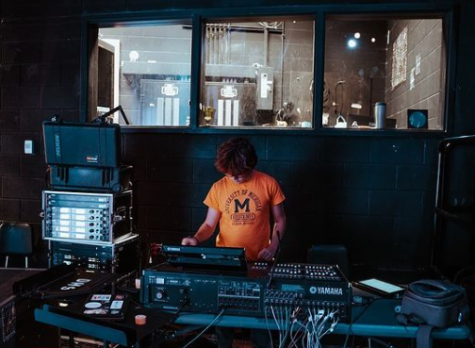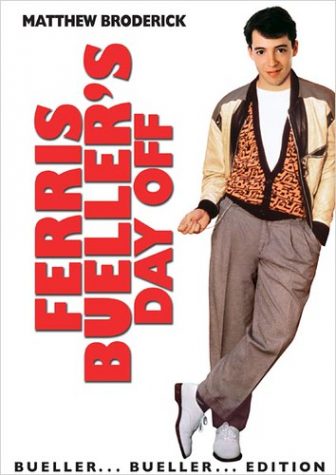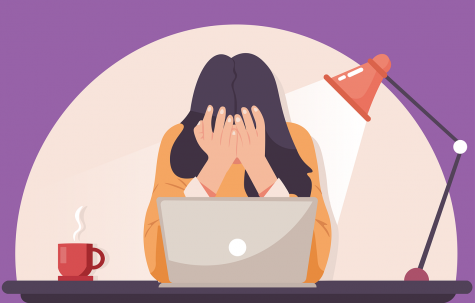How we deal with Hollywood’s latest Frankensteins
In the last several weeks over fifty actresses and actors have accused Harvey Weinstein, a prominent American film producer, of several acts of rape, sexual assault, and unwarranted advances on women, many of whom he was working with. Weinstein used his power, image, prestige in the film industry, and his immense wealth to take advantage of countless women, extending a circle of silence over Hollywood that made it almost impossible for allegations against him to emerge. The main issue revolves around the countless people who knew of the danger Harvey Weinstein was to women in Hollywood and the silence that befell the community, even in the face of such atrocities.
Now that over fifty woman have taken action against Weinstein, the media has not hesitated to relentlessly paint Weinstein as a
sexual predator who deserves to be locked away for years. Hollywood stars are standing up and making statements about the cruelty of Weinstein’s activities. The Weinstein Company fired Weinstein and multiple organizations and institutions are stripping him of any and all honors he received. Left and right the world is accusing Weinstein of being a monster. Society is reacting in a moral and ethical way, stripping a dangerous man of what made him powerful which enabled him to rape and sexually assault women.
It seems like they are doing the right thing. But, what would have happened if they did the right thing years and years ago? What would have happened if he had been stripped from that power and control decades before over 50 victims emerged? How many women would lose memories of feeling helpless, how many women would lose sleepless nights, and how many woman would stop having scream-inducing nightmares?
It’s so easy to say that no one knew the extent to which Weinstein hurt women. Yet, according to the testimony of 16 former and current executives at Miramax, the earlier film studio Weinstein founded, Weinstein’s actions were anything but secret. For years jokes have been made by both female and male actors about Weinstein’s behavior in public speeches and interviews, but no one had taken the time to question whether these were merely jokes, or harmful and necessary allegations.
People around Weinstein, from the lawyers who silenced the women, the executives at the Weinstein Company, to the NYPD who had received these allegations against Weinstein from several women, to the cab driver who drove the crying women home, should have spoken out. They were bystanders at every corner of this issue, lurking in the shadows hoping that someone else would be willing to speak out because they were too scared to.
Harvey Weinstein’s power is admittedly very difficult to go up against. He bought the silence of dozens of bystanders in hope that his reign of sexual assault and rape patterns could continue. In the uber competitive Hollywood jungle, his ability to raise the status of his associates made him all the more dangerous. The control Weinstein had in these situations is both terrifying and unfair.










